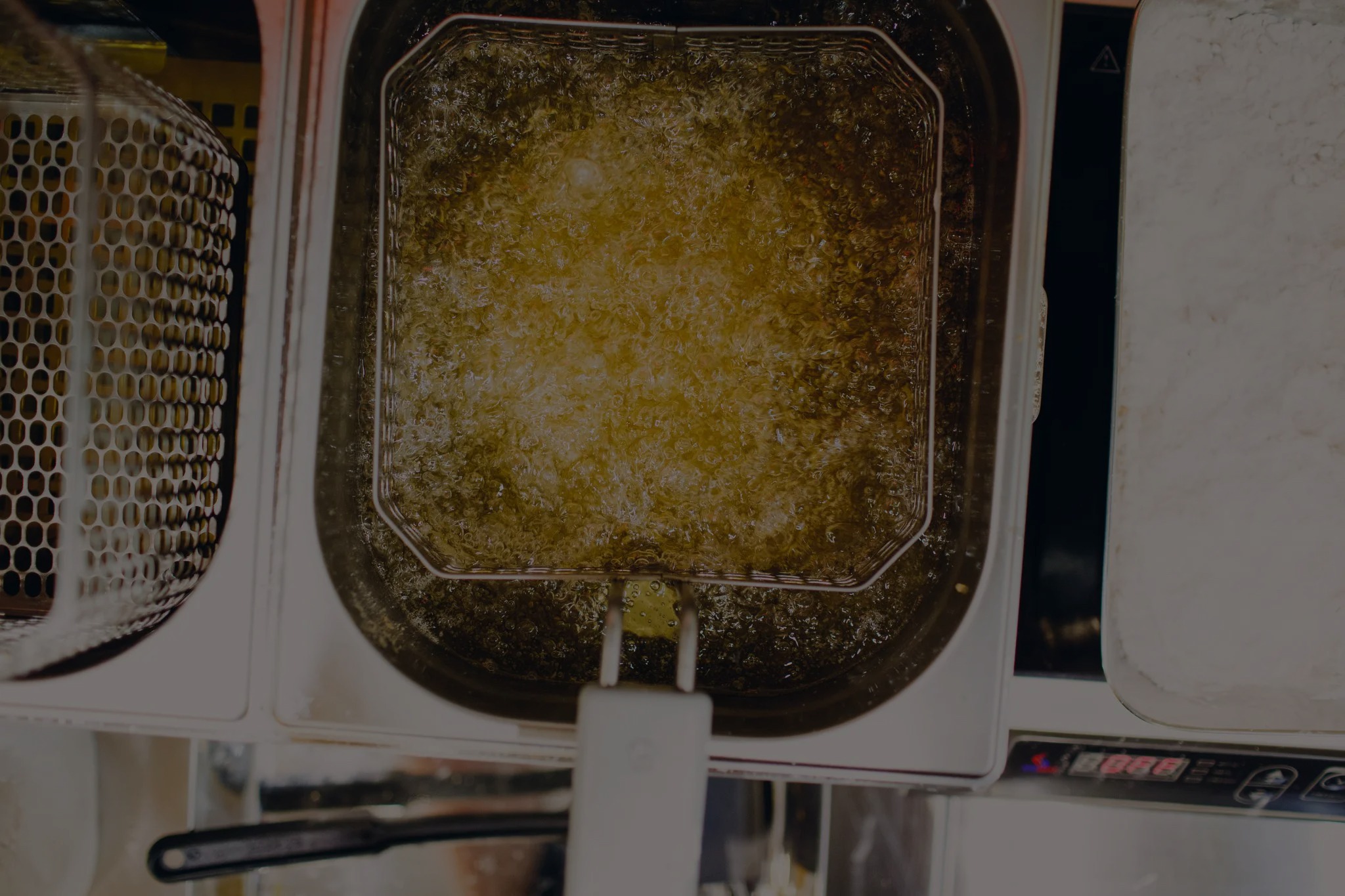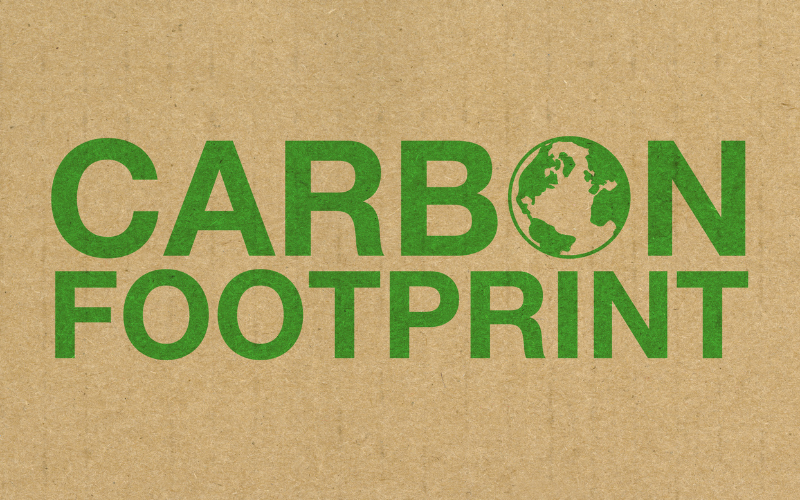One of the challenges of working in the renewable fuelindustry is that people often believe that using renewable fuel products requires a lot of jumping through hoops and equipment upgrades.
With renewable diesel, that’s just not true. In fact, getting started with renewable diesel blends requires no vehicle or infrastructure modifications. Here’s what fleet operators need to know about using renewable diesel.
Vehicles
Renewable diesel is a “drop-in” fuel, which means diesel-powered vehicles don’t need modifications to use it. All major OEMs support using renewable diesel blends up to B5, meaning the fuel is 5% renewable diesel and 95% petroleum diesel. Nearly 90 percent of medium- and heavy-duty truck OEMs support B20 (20% biodiesel).
Infrastructure
If you have your own fueling locations, switching to renewable diesel blends does not require modifications to that infrastructure. Some fleets choose to blend the fuel themselves. This may necessitate a dedicated storage tank for the B100 and a blending system, but it often only takes months to realize a return on the investment.
Quality
The renewable diesel industry has come a long way since its pioneering days. Today, renewable diesel meets the stringent standards of ASTM International. ASTM D6751 gives renewable diesel a minimum uniform quality across the industry. On top of that, you could look for a producer who follows the voluntary BQ-9000 program, which brings additional quality assurance steps on renewable diesel production, distribution and storage.
Supply
Renewable diesel is a mature industry, with billions of gallons produced in the U.S. annually and a robust supply chain. When picking a supplier, fleets should consider companies that can provide a full range of products, such as blended fuel, B100, renewable diesel and ULSD. Other factors when picking a supplier include how they can move product—truck, rail, ship, barge—and the extent of their terminal network. And don’t forget value-added support that goes beyond the sales team, such as logistics and supply chain management, RINs expertise and technical support.
Performance
Ease of use is great, but you still need a fuel that performs, right? So what do the people who know diesel equipment best—diesel technicians—have to say?
“If two trucks were side by side and one ran renewable diesel and one didn’t, you would not be able to tell the difference,” says Joe Siadak, lead technician at Mahoney Environmental, a large nation-wide trucking fleet.
When his company made the switch to renewable diesel blends up to B20, he expected more fuel system failures and increased filter change intervals. The reality is they’ve had fewer problems with fuel injectors and after-treatment systems. In Rochester, Minnesota, city buses have been running on renewable diesel blends for nearly 20 years.
Maintenance Manager Roger Ritchie has been there the entire time.
“I’m 100% on board with biodiesel,” he says. “Our equipment has lasted and done a really good job.”
This article was contributed by Troy Shoen, senior manager of marketing for Renewable Energy Group, Inc. Also, check out Looking Under the Hood at Biodiesel and Fleet Finds All the Right Reasons to Use Biodiesel.



 Call Us Now (800) 892-9392
Call Us Now (800) 892-9392